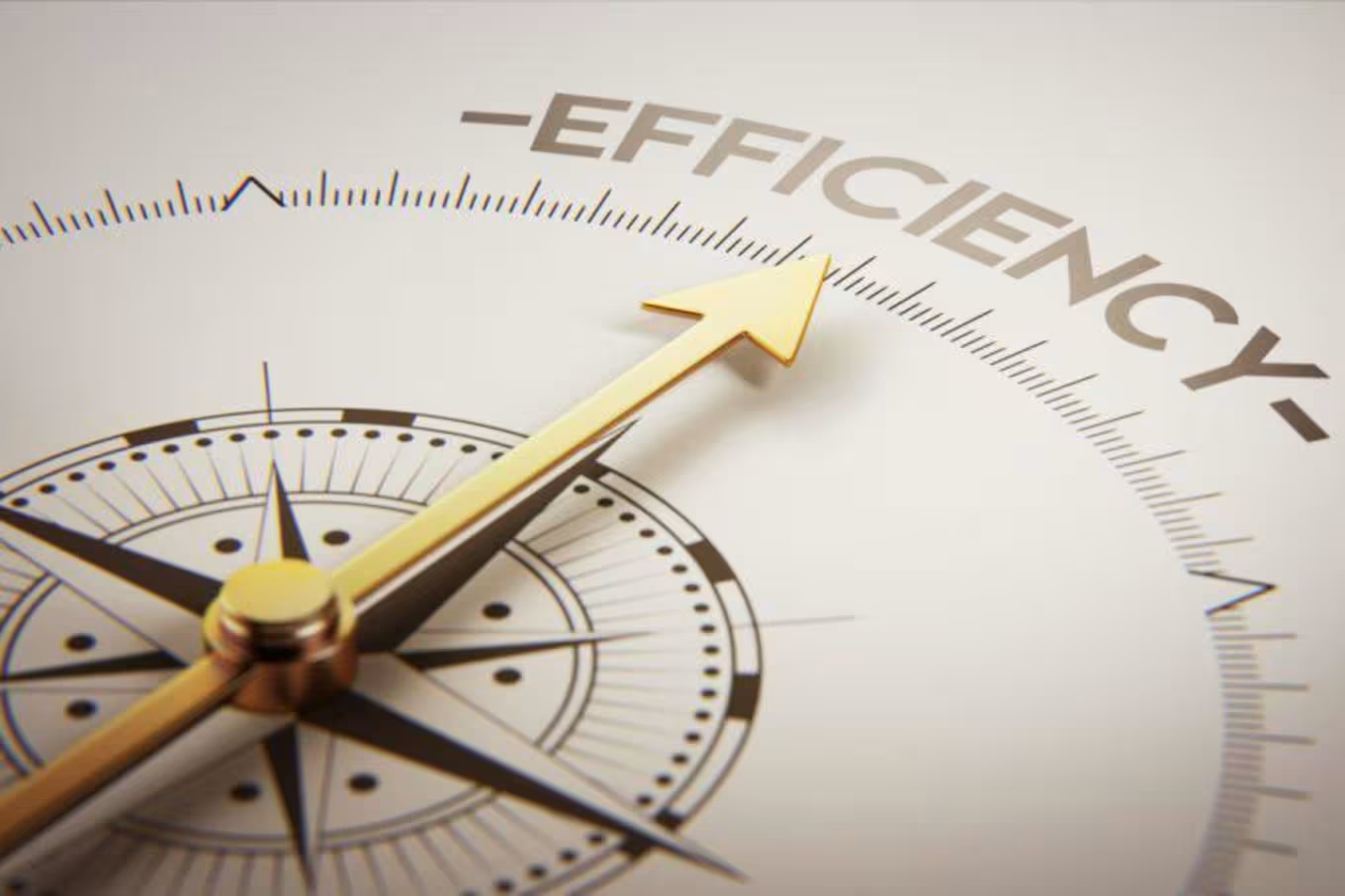We're here to help.

You already do it. Many days, you casually share with your colleagues:
Now, initially, we may jump to some false conclusions as to what went wrong. Mostly, many of us just move on and try something new. Reflective teaching, instead, entails a more systematic approach of assembling and tracking our thoughts and observations as we go. There are many ways to begin the process of reflection. Perhaps you want to focus on just one class or one lesson. Maybe it’s just one student. There are various ways to do this:
“From the quiet reflection will come even more effective action.” Peter Drucker, famous management consultant, educator and author, found that increased time for thinking or reflection led to better results no matter the endeavor.We are human, and as teachers we are also busy, which means at times we may make poor decisions or use hasty judgment. Is there a way to make lemonade out of our pesky lemons? Taking the precious time to reflect on our teaching and vigilantly question our motives and practices can help us become more effective teachers for our students.
Another way we can reflect is to have our students give us feedback. Often at the end of a quiz, I’ll add a question about what they thought about a certain lesson or to give ideas about an issue in the classroom. There is always a risk, and we must put our ego aside to just listen. We must assure them that it is anonymous, and we are simply wanting to learn and grow as an educator. Students appreciate when their teacher cares enough to ask. Again, as with peer feedback, we can add this data to our journals and then give our personal insights with it.
05/29/2025
9 min read
03/27/2025
8 min read
01/17/2025
6 min read
John Dewey (1933) was a pioneer in the concept of reflection as a form of thinking. He maintained that “we do not learn from experience. We learn from reflecting on experience,” (p. 78). He prompted educators to stand back from routine and move into a more conscious form of practice. Learning is ongoing in the teaching world; we are constantly evolving. Therefore, the 35-year veteran teacher can learn and grow equivalently to a brand-new teacher fresh out in the field. They just have to be willing to engage in the process of reflection and remain open to feedback. Otherwise, experienced teachers are just going through the motions day in and day out.
Next, having a second pair of eyes often gives us insight into valuable information we might have missed. Invite a colleague to visit your classroom and gather data about your lesson, the student engagement and/or the atmosphere. After you have discussed with your colleague, you can then add it to your journal and include your own insights.
Amid the methods for reflection on teaching, maintaining a professional journal provides a point of entry to cultivate pedagogical improvement and to develop more effective daily practices. Journaling makes the process of reflection more disciplined and gives a place for ideas and insights to take root. When we write, we gain clarity on what we are thinking. As E.M. Forster wrote, “How can I tell what I think ‘til I see what I say?” The structure of daily writing allows this free space of thoughts to flow. You can record:
We never want to become stale or complacent in our teaching. The way to become even more effective is through looking back so we can leap forward. Through keeping a journal and considering feedback from various parties, we find ways to stay fresh and become even more effective. As a result of your reflection you may choose to change things up or refine what you already do. This is what teaching and learning is all about.
If you have a passion for inspiring minds and changing lives, visit our website of click the Request More Information button on this page to learn more about Grand Canyon University’s prestigious College of Education.
References
More about Stephanie Knight:
Dr. Stephanie Knight is an experienced 7th and 8th grade English language arts educator. She taught in Title One schools for eight years—helping them grow from underperforming to excelling—and then in an independent school for four years. Knight is now part of Grand Canyon University’s adjunct faculty where she teaches graduate level education and reading courses.